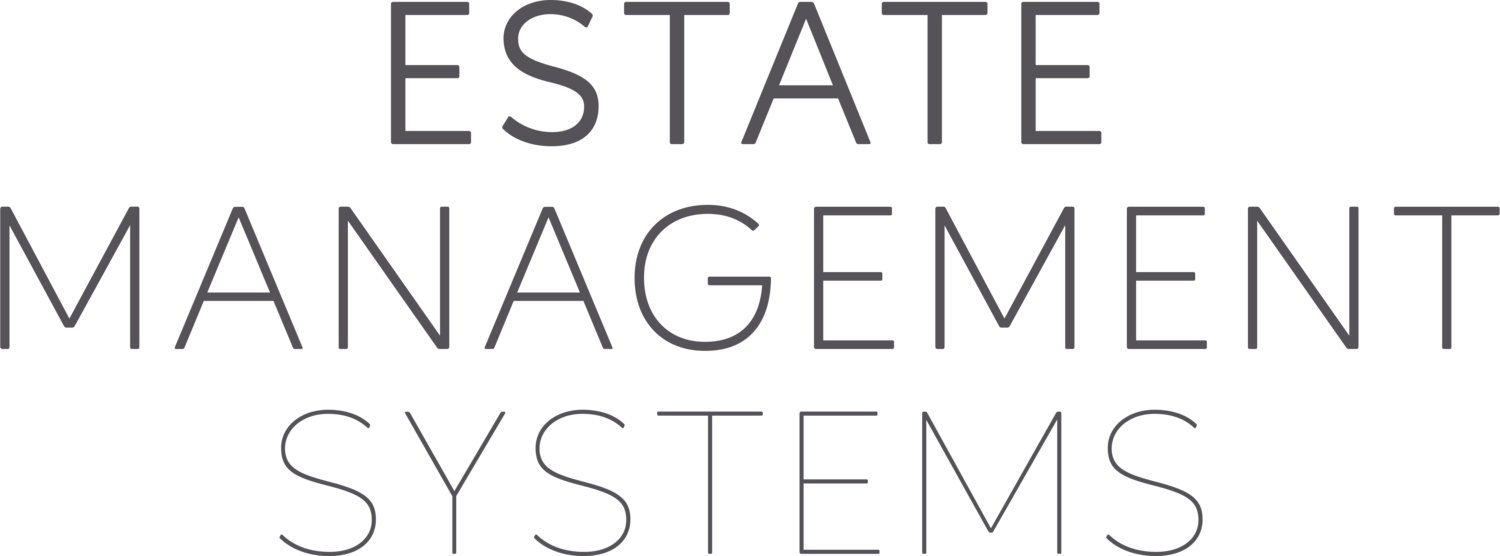When Staff Stay Silent, Abuse Thrives: What Estate Owners Must Do
I spend a lot of time talking about privacy in luxury households — how to protect it, how to preserve it, and how to structure your estate so that what happens inside your home stays inside your home.
But what happens when privacy becomes the very thing that enables abuse?
In light of recent headlines involving Sean Combs and others, this week’s message is a necessary break from business as usual.
It’s a gut punch for private service professionals who have spent years working in silence, and a stark reminder to principals that no amount of money, power, or legal protection can insulate you from the consequences of misconduct.
The People Who Know the Most
Your staff sees everything.
They know what’s normal. They know what isn’t. They notice when a guest crosses a line, when a family member is cruel, or when an advisor abuses their influence. Often, they are the first to know when something is wrong.
And while non-disclosure agreements (NDAs) may keep them quiet for a time, they don’t forget what’s been seen or heard.
And, my guess is — most staff are documenting the information.
Just ask Jeffrey Epstein’s estate. Or Harvey Weinstein’s legal team. Or anyone who believed their power and influence could hide their abuse.
In each case, it was staff — assistants, drivers, housekeepers, pilots — who ultimately helped expose the truth.
When Silence Breaks
Often silenced by fear, NDAs, or misguided loyalty, once one person speaks up, others follow. That ripple effect reveals deeper patterns of abuse, resulting in settlements, resignations, convictions, prison sentences, and, in one infamous case, suicide.
The lesson is simple: Your home may be private, but your actions are not above the law. You may have enough money to buy you out of most situations — but not all.
A Personal Story
A while ago, I was asked to resign from a $250,000/year estate role. The reason? One word I used was interpreted as disrespectful — despite a glowing Q2 review just weeks earlier.
Recently, a high-ranking family advisor from that same organization began sending me personal, inappropriate text messages on weekends. I asked him to stop — twice. He sent 16 more texts.
I reported it to the Chief of Staff — the same person who had asked me to resign.
The response? Nothing. No acknowledgment. No concern. Not even a thumbs-up emoji.
The next day, I received a one-sentence apology from the high-ranking advisor. But the “no reply” from the Chief of Staff was loud and clear:
The only thing that mattered was downplaying the report and protecting the “trusted advisor.”
By the way, he still has his job.
What Did I Do Next?
I documented everything. I sent a certified letter. Not out of vengeance, but for closure. For acknowledgment. For the record.
Because if this advisor is ever let go, now there’s a paper trail. And more importantly — for me — it won’t just live as another secret.
Why I’m Sharing This
My experience is not the same as what happened in the households of Combs, Epstein, or Weinstein. But abuse rarely starts with headlines. It begins quietly, but it continues with silence.
And in homes where staff are expected to remain loyal, regardless of what they witness, silence becomes complicity.
If You’re a Principal, Ask Yourself:
Could someone in your household be abusive?
Could your own behavior be interpreted as abusive or coercive?
Do your staff have a safe, neutral way to report misconduct?
Are your expectations of your staff reasonable and humane?
Does your culture prioritize integrity or just the appearance of morality?
Do your staff feel safe enough to tell you the truth?
The typical industry response to a report of misconduct?
Fire the messenger. Protect the powerful. Move on.
That’s how this industry operates. But it doesn’t have to be that way. And are you okay with your home running like that?
What I Want You to Know
I’ve worked for wealthy homeowners for over 30 years. I’ve signed more NDAs than I can count.
I value discretion, but I don’t believe in enabling harm.
Dear Billionaire was created to tell the truth about what happens behind closed doors — so we can raise the bar, protect people no matter their net worth, and preserve privacy in a way that doesn’t rely on fear or silence.
Because privacy should protect your family, not your abuse.
If abuse lives in your house, so does liability.
And your staff?
They’re either your greatest asset — or your greatest exposure.
If you value your privacy, take this seriously.
If you value your legacy, take action now to protect your family and staff.

